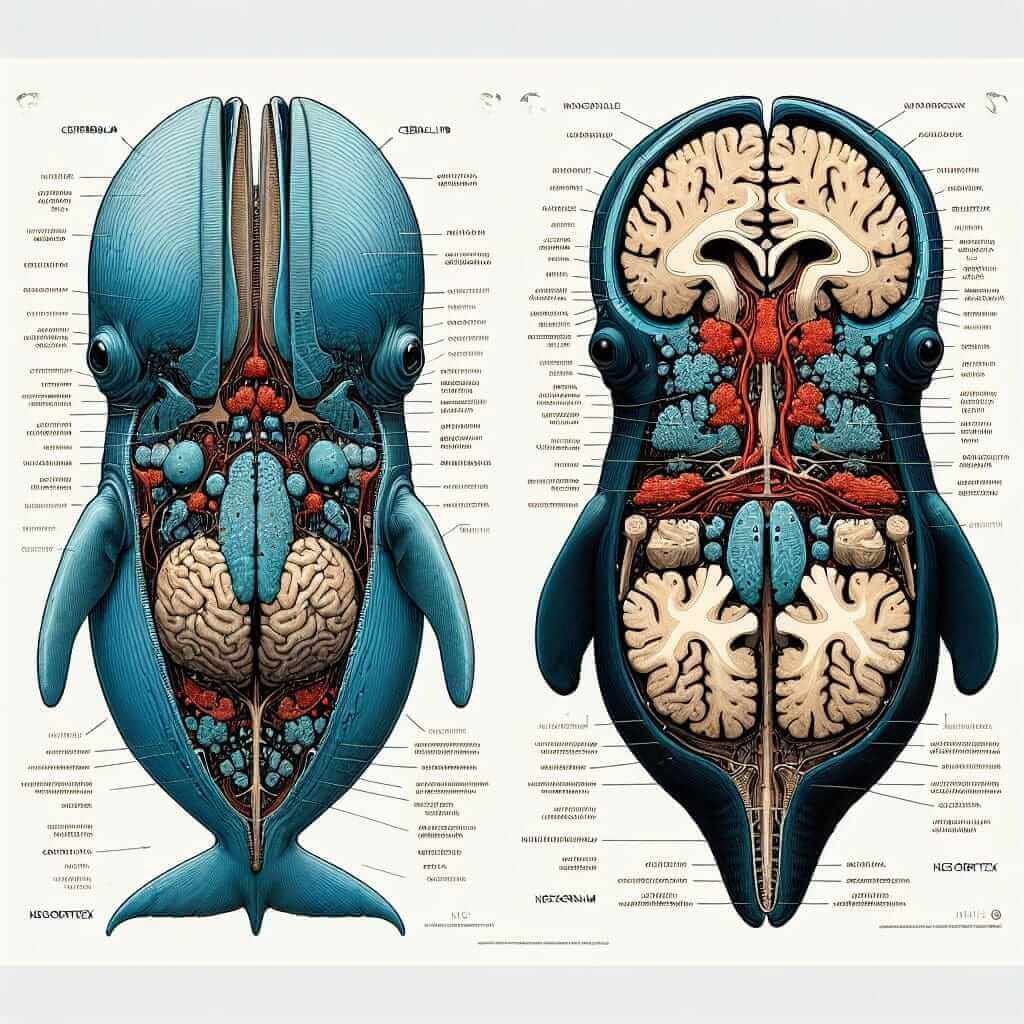As an IELTS instructor with over 20 years of experience, I often encounter students grappling with the Reading section. One common query is about tackling passages like “What Do Whales Feel?”. This article aims to demystify this type of passage, equipping you with the skills and strategies needed to succeed.
The Significance of “What Do Whales Feel?”-like Passages in IELTS Reading
Passages exploring animal cognition, like “What Do Whales Feel?”, frequently appear in the IELTS Reading test. They assess your ability to:
- Comprehend complex scientific concepts: Such passages often delve into scientific research, requiring you to understand terminology and interpret data.
- Identify the author’s purpose and tone: These passages may present arguments and counter-arguments, challenging you to discern the author’s stance.
- Locate specific information: Questions may focus on specific details, demanding careful reading and scanning skills.
Navigating “What Do Whales Feel?” and Similar Passages
Here’s a breakdown of how to effectively approach these challenging texts:
1. Pre-reading: Activate Your Knowledge
- Skim the passage: Quickly glance at headings, subheadings, and visuals to grasp the main topic and structure.
- Predict content: Based on the title and skim, anticipate the type of information and arguments presented.
- Activate prior knowledge: Recall any existing knowledge you have about the topic (e.g., whale behavior, animal intelligence) to aid comprehension.
2. Active Reading: Engage with the Text
- Read strategically: Don’t aim for 100% comprehension on the first read. Focus on identifying the main ideas of each paragraph and their relationship to each other.
- Underline keywords: Highlight key terms, dates, names, and any information that seems crucial to understanding the passage’s main points.
- Make brief notes: Summarize key information in the margins or a separate sheet. This aids in information recall when answering questions.
3. Answering Questions: Precision and Accuracy
- Read the questions carefully: Pay attention to question words (who, what, when, where, why, how) to understand what information is required.
- Scan for answers: Use your underlined keywords and notes to quickly locate the relevant section of the text.
- Read around the answer: Ensure you understand the context surrounding the answer to avoid misinterpretations.
- Match the answer type: Be mindful of the question type (multiple choice, true/false/not given, sentence completion, etc.) and format your answer accordingly.
Example from an IELTS Reading Passage
Let’s consider a hypothetical example based on “What Do Whales Feel?”:
Passage Excerpt:
“Recent studies utilizing brain imaging techniques have revealed striking similarities between the neocortex of whales and that of humans. This area of the brain is associated with higher-order cognitive functions such as self-awareness and empathy, suggesting that whales may experience a depth of emotions previously thought exclusive to primates.”
Question:
What evidence suggests that whales possess complex emotions?
Answer:
Brain imaging studies revealing similarities in the neocortex between whales and humans, particularly in areas associated with self-awareness and empathy.

Tips for Success
- Practice consistently: Regularly engage with various IELTS Reading passages, focusing on scientific topics and argumentative texts.
- Expand your vocabulary: Familiarize yourself with scientific terminology commonly encountered in IELTS Reading passages.
- Develop time management skills: Allocate time wisely for each passage and question to avoid rushing and ensure accuracy.
- Learn from mistakes: Analyze your practice tests to identify areas of weakness and focus on improving those specific skills.
By understanding the structure and demands of “What Do Whales Feel?”-like passages and implementing these strategies, you can enhance your comprehension, boost your confidence, and achieve a higher score in the IELTS Reading test.